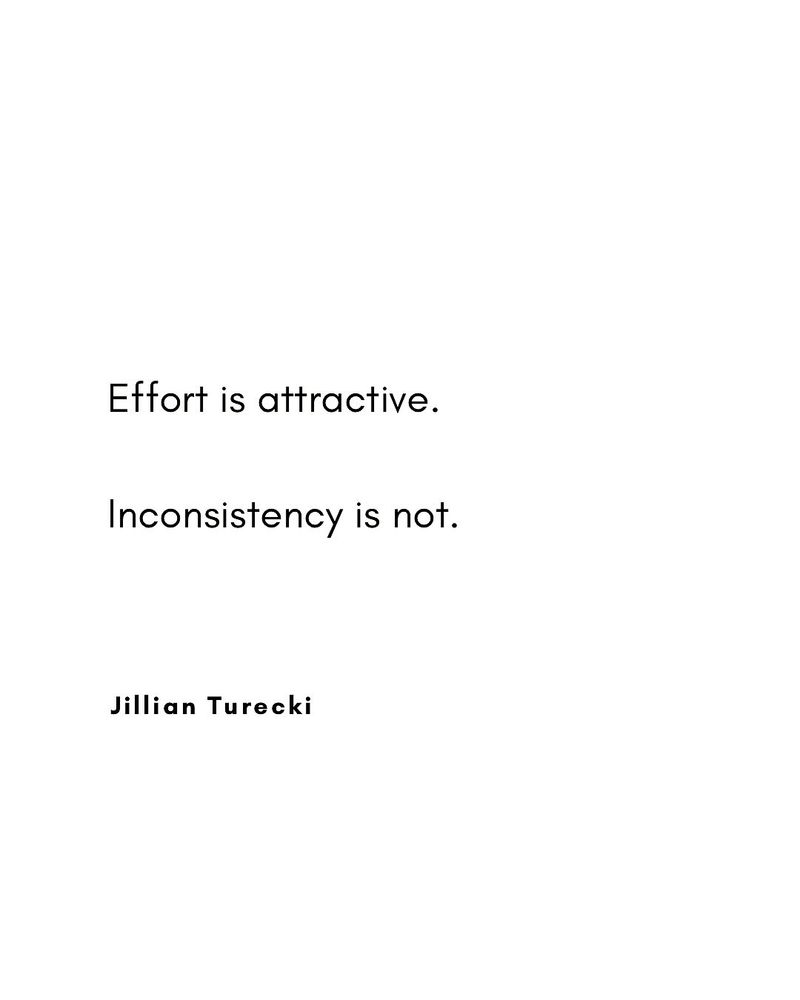Marriages, often symbolized by grand ceremonies and heartfelt vows, are cherished unions that many aspire to preserve throughout life. Yet, beyond the dramatic tales of infidelity that capture headlines, subtle, almost invisible behaviors can rapidly erode these bonds. These behaviors, often unnoticed, quietly gnaw away at the foundations of a relationship. While cheating is a glaring betrayal, it’s these silent actions that oftentimes do more damage, as they go unaddressed for too long. Understanding and recognizing these can serve as a wake-up call, offering couples a chance to mend and strengthen their connection before it’s too late. Let’s explore them.
1. Poor Communication

Communication is the lifeline of any relationship. When partners stop sharing their thoughts and feelings, misunderstandings can rapidly multiply. These silent gaps foster emotional distance, making reconnection difficult. They may sit together, but their minds are miles apart. Words once flowed freely, but now silence reigns supreme. This unspoken void can lead to assumptions and, eventually, resentment. It’s crucial to break this silence with heartfelt dialogue, even if it feels awkward at first. The occasional uncomfortable conversation is a small price to pay for maintaining a deeper connection. After all, a word unspoken is a chance missed to heal.
2. Frequent Criticism

Criticism, when constant, becomes a heavy burden that can shatter self-esteem. Imagine a dinner table where every meal is seasoned with complaints. The criticized partner feels belittled, shrinking in confidence each day. It’s important to differentiate between constructive feedback and incessant fault-finding. In nurturing a relationship, kindness and support should be the mainstay, not criticism. Finding positives in each other fosters a healthier dynamic. A marriage thrives on mutual respect and encouragement. To break this destructive cycle, focus on each other’s strengths. Remember, a compliment can be a powerful antidote to criticism’s corrosive nature.
3. Ignoring Emotional Needs

Emotional neglect creates a chasm in relationships. Picture one partner staring out a rainy window, yearning for understanding. Their emotional needs, unspoken and unmet, create feelings of isolation. Without emotional support, even the strongest bonds weaken. This behavior often goes unnoticed until the void feels insurmountable. Relationships require effort to understand and fulfill each other’s emotional desires. Regular check-ins and open conversations can bridge gaps. It’s essential to foster an environment where both partners feel heard and appreciated. Emotional nourishment is just as vital as physical presence in maintaining a meaningful connection.
4. Taking Each Other for Granted

Taking a partner for granted is like walking a trail and ignoring the scenery. One might be physically present yet mentally elsewhere. Over time, the lack of gratitude leads to feelings of neglect and invisibility. Genuine appreciation is a gift, and recognizing small gestures can transform relationships. A simple thank you can reignite warmth and connection, ensuring both partners feel valued. Embrace each other with gratitude and mindfulness daily. These acts help cement the bond and discourage the perception of being taken for granted. After all, the smallest gestures often have the most significant impact.
5. Eroding Trust

Trust forms the bedrock of any lasting relationship. When deceit or suspicion creeps in, it erodes this foundation quickly. Picture two partners on a park bench, each guarding their phone with suspicion. Such secrecy breeds insecurity and doubt. To rebuild trust, transparency is key. Open communication about intentions and feelings can dispel doubts. Regularly affirming trustworthiness and honesty fosters a nurturing environment. Remember, trust, once broken, takes time to repair, but it’s essential for a harmonious relationship. Mutual respect and truthfulness must be the guiding principles to restore this fragile bond.
6. Inconsistent Effort

Consistent effort is the glue that holds relationships together. Picture this: one partner intensely watching TV, ignoring the other’s longing gaze. Such inconsistency signals disinterest and breeds disconnection. Love requires nurturing, akin to tending a garden; neglect leads to withering. Small, everyday acts of love and attention keep the relationship vibrant. Making time for each other despite busy lives is crucial. Inconsistencies can be addressed by prioritizing the relationship and ensuring both partners feel cherished. The effort you put in today lays the foundation for a stronger tomorrow.
7. Excessive Use of Technology

Technology, while a boon, can be a silent barrier in relationships. Picture a couple in a cozy cafe, yet miles apart due to the screens in their hands. Over time, digital distractions can replace meaningful conversations. Prioritizing screen time over partner time creates emotional distance. It’s vital to set boundaries for technology usage, ensuring quality interactions. Choosing moments of digital detox can rekindle intimacy and connection. Remember, face-to-face interactions build memories, while screens only serve as temporary distractions. Embrace the present moment and cherish the company beside you.
8. Holding onto Resentment

Resentment is a corrosive force in relationships. Imagine a couple sitting back-to-back, each nursing unresolved grudges. This silent animosity festers, leading to emotional estrangement. Addressing issues openly and with compassion can heal these wounds. Letting go of past grievances is liberating, allowing the relationship to thrive. Holding onto past hurts only ensures they define the present. Engaging in constructive dialogue and seeking solutions fosters a healthier environment. Remember, forgiveness is not about forgetting but about freeing oneself from the chains of past anger.
9. Bringing Unresolved Past Issues

Past issues, when unresolved, haunt the present. Visualize a tense conversation, with old photos as reminders of bygone conflicts. These unresolved issues create barriers, preventing genuine connection. To nurture a healthy relationship, it’s essential to address and resolve past hurts. Open discussions about past experiences can provide closure. Creating a supportive environment where both partners feel safe to express their past helps in healing. Remember, the past should inform, not dictate, the present. Letting go allows room for growth and deeper understanding.
10. Avoiding Conflict

Avoiding conflict may seem peaceful, but it often leads to lingering tension. Picture a couple at dinner, avoiding eye contact, with unspoken issues between them. Avoidance prevents the resolution of conflicts, allowing them to fester. Engaging in healthy disagreements is vital for growth and understanding. Addressing issues directly with empathy and patience fosters a stronger bond. It’s better to face conflicts head-on than to let them simmer. Constructive conflict resolution paves the path to mutual respect and understanding. Remember, it’s not the conflict but the avoidance that breeds distance.
11. Invalidating Emotions

Invalidating emotions can create deep emotional rifts. Picture a partner dismissively waving off the other’s tears. Such actions disregard feelings, leading to emotional withdrawal. To nurture a supportive relationship, acknowledging and validating each other’s emotions is crucial. Empathy and understanding serve as bridges in times of emotional distress. Encourage open discussions about feelings, making space for vulnerability. Validating emotions doesn’t always mean agreeing but recognizing their importance. Such gestures enhance emotional intimacy and trust. Remember, a supportive environment is built on the foundation of empathy and respect.
12. Unresolved Trauma

Unresolved trauma can cast long shadows over a relationship. Imagine sitting alone, with shadows of past traumas lurking nearby. These unspoken memories affect current interactions, often in subtle ways. Addressing trauma involves courage and understanding. Seeking therapy or counseling can provide the necessary tools to heal. A supportive partner is vital in navigating this journey, offering patience and empathy. Acknowledging and confronting these shadows paves the path for healing and growth. Together, couples can transform past pain into strengths, fostering resilience and deeper bonds.

Well, hello there!
My name is Jennifer. Besides being an orthodontist, I am a mother to 3 playful boys. In this motherhood journey, I can say I will never know everything. That’s why I always strive to read a lot, and that’s why I started writing about all the smithereens I came across so that you can have everything in one place! Enjoy and stay positive; you’ve got this!

